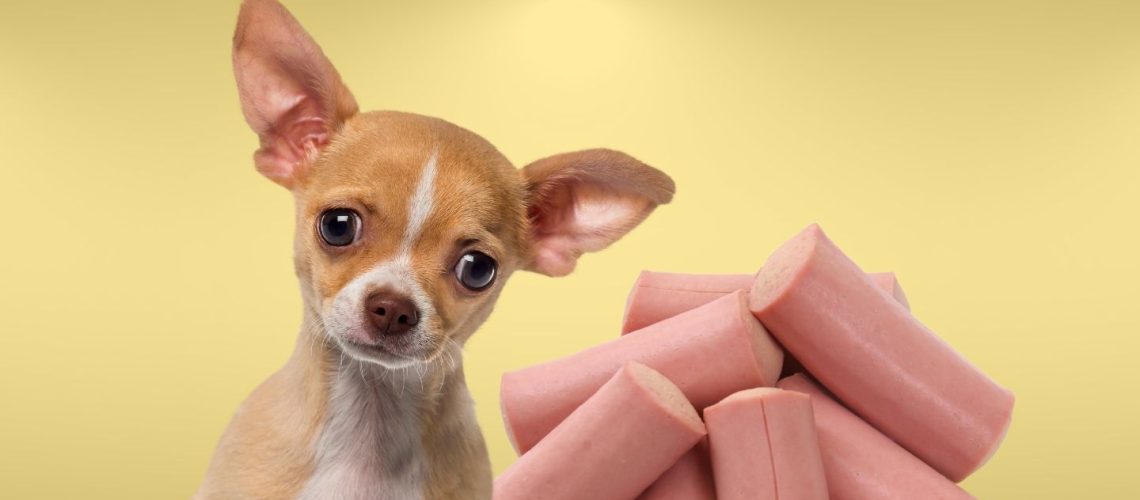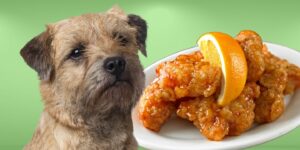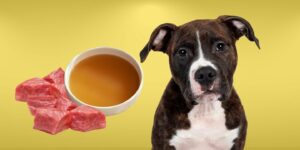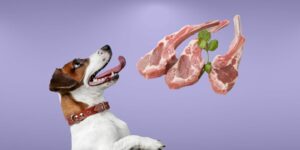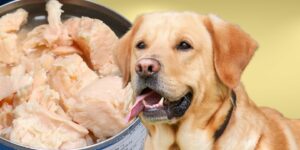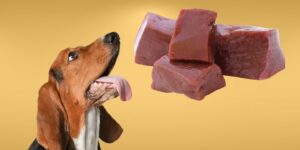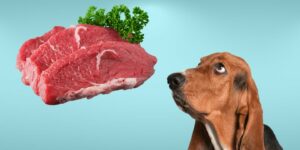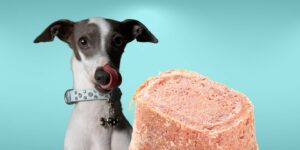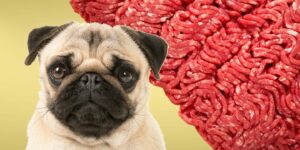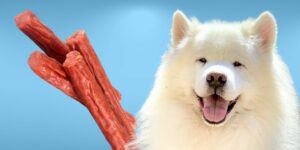Can dogs eat Vienna sausage? The answer is no; dogs should not eat Vienna sausage. Vienna sausages are high in sodium and fat, which can be harmful to dogs. It's crucial for dog owners to know the potential risks involved in feeding their pets these sausages to ensure their health is maintained.
What is Vienna sausage?
Ingredients
Vienna sausage is a type of canned meat typically made from pork and beef. The sausages often include various spices, some of which can be harmful to dogs.
Nutritional content
The nutritional content of Vienna sausages is concerning for dogs, mainly due to their high sodium and fat content. These elements can negatively impact a dog's health, especially when consumed in large amounts.
Dangers of Vienna sausage for dogs
High sodium content
Excessive sodium intake for dogs can harm their overall health. High levels of salt can lead to dehydration, electrolyte imbalances, and high blood pressure, all of which can have serious consequences for a dog's well-being.
High fat content
High fat intake in dogs is associated with risks such as gastrointestinal distress, weight gain, and pancreatitis. Consuming Vienna sausage can contribute to these issues due to its high-fat content.
Garlic and onion toxicity
Garlic and onion, which can be found in some Vienna sausage recipes, are toxic to dogs and can lead to poisoning. Symptoms of garlic or onion poisoning in dogs include vomiting, diarrhea, lethargy, and pale gums.
Symptoms of Vienna sausage poisoning in dogs
If a dog ingests Vienna sausage, they may experience the following symptoms:
- Vomiting
- Diarrhea
- Weight gain
- Signs of pancreatitis, such as abdominal pain, fever, and rapid heartbeat
- Symptoms of garlic or onion poisoning, like lethargy and pale gums
What to do if your dog has eaten Vienna sausage
If your dog has ingested Vienna sausage, take the following steps:
- Contact your veterinarian – They will be able to advise you on the best course of action and monitor your dog for any signs of illness.
- Monitor your dog – Keep an eye on your dog for any of the symptoms mentioned above, and report any changes to your veterinarian.
Preventing accidents with Vienna sausage
To prevent your dog from accidentally eating Vienna sausage, consider these tips:
- Properly store food, keeping it out of reach of your dog
- Be cautious when eating Vienna sausage around your dog, as they may be tempted by the smell
- Educate others in your household about the risks associated with feeding Vienna sausage to dogs
Alternatives to Vienna sausage for dogs
Instead of Vienna sausage, dog owners can consider giving their dogs occasional treats such as:
- Lean meats, like chicken or turkey
- Dog-safe fruits, such as apples or blueberries
- Vegetables, like carrots or green beans
Always consult your veterinarian before introducing new foods to your dog's diet.
Final thoughts
It is essential for dog owners to be aware of the potential dangers of Vienna sausage and to be vigilant in preventing their pets from consuming it. If you have any concerns or questions about your dog's diet and health, always consult with your veterinarian. Remember that what may be safe and enjoyable for humans to eat may not always be suitable for dogs.

